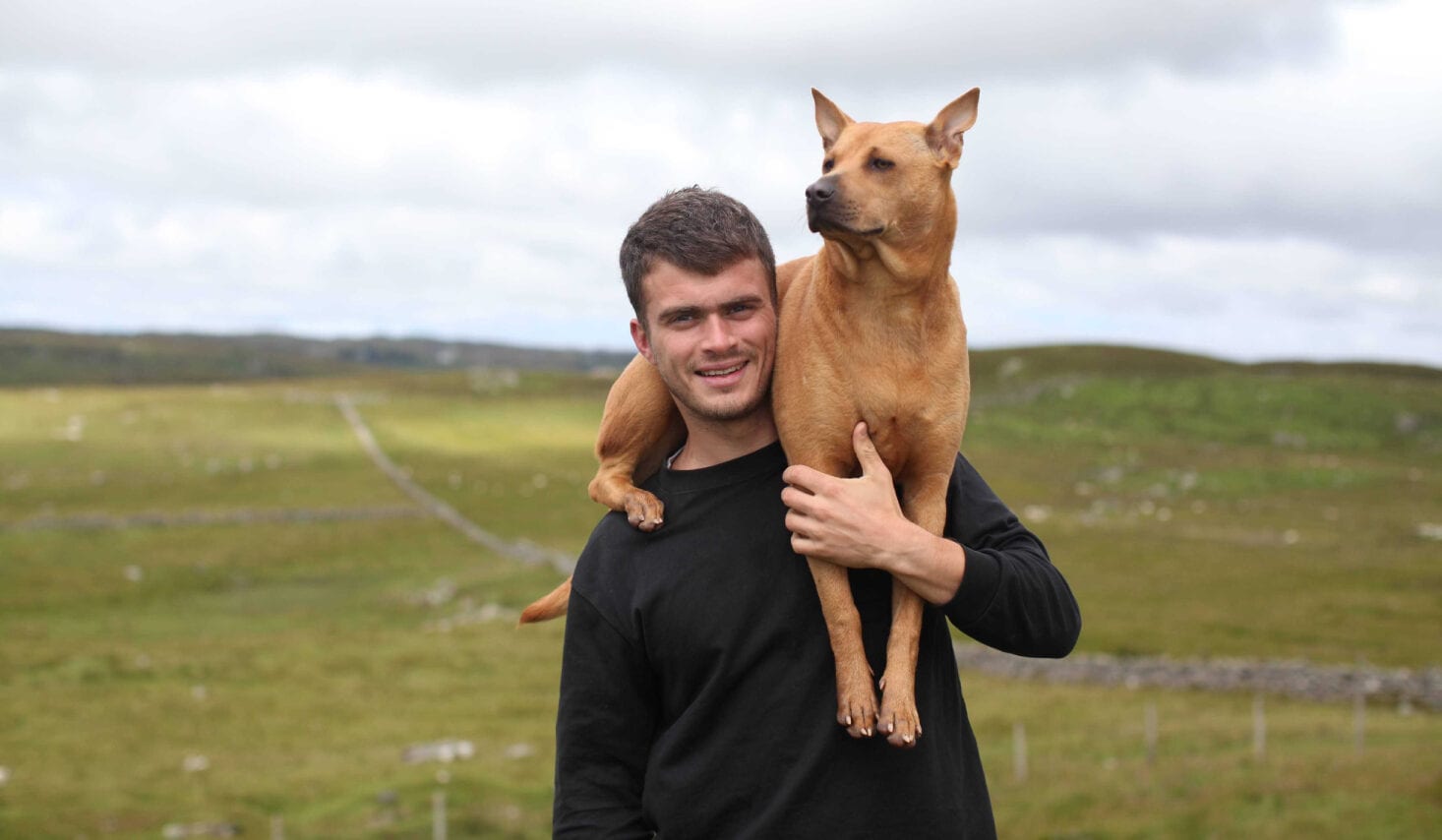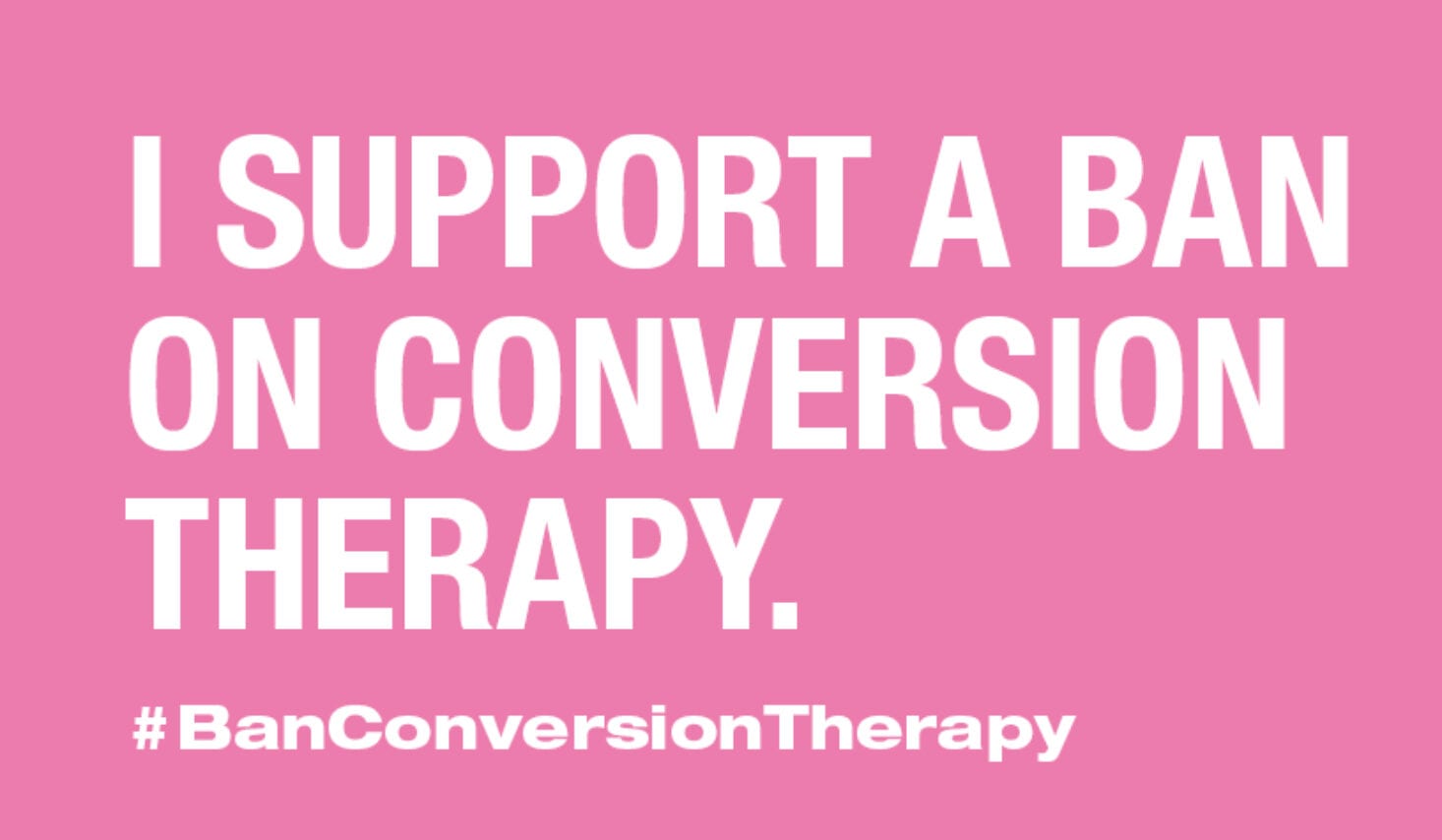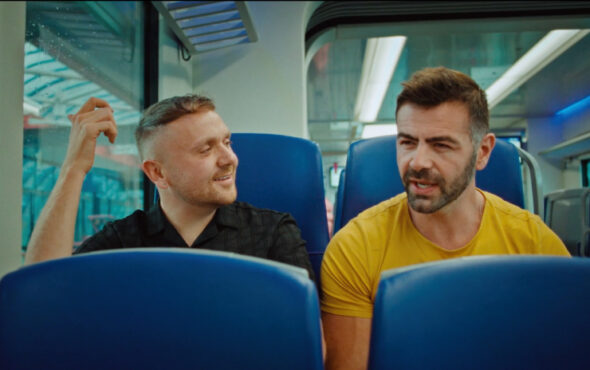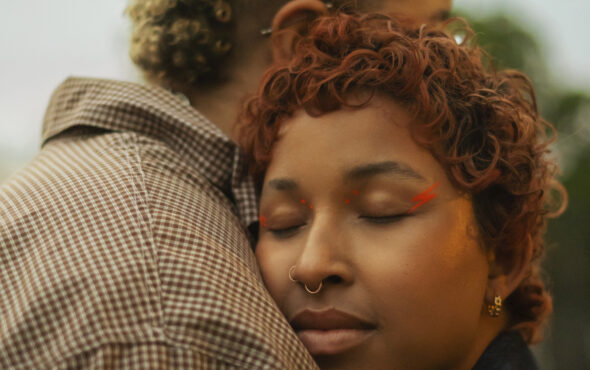
The need to have so-called “conversion therapy” banned was discussed in Parliament last week. However, over the following days, Jayne Ozanne and several other members of the Government’s LGBT Advisory Panel felt the need to resign, because of the Government’s inaction on bringing in legislation on this and other issues.
“Conversion therapy” is a practice which seeks to erase, repress, cure or change someone’s sexual orientation – or lack of – and/or gender identity. The National LGBT Survey (2018) found that seven per cent of LGBTQ+ people had been offered or undergone “conversion therapy”, including 13 per cent of trans respondents. I spoke to Matt Hyndman, from Ban Conversion Therapy, who explained why it is so important that “conversion therapy” is banned.
Can you tell us about Ban Conversion Therapy, which you co-founded?
In July last year, myself and Harry Hitchens wanted to raise awareness of conversion therapy that was still happening and is still legal and just get a lot of people talking about it and that was something we thought we could do. We wrote a letter to Liz Truss [the Minister for Women and Equalities] and got as many influential people as we could possibly get our hands on to sign it and support it. It got a lot more people talking about it which was fantastic. That’s just continued to grow… We’ve got most of the leading LGBT charities as part of our coalition and people like Jayne Ozanne, who has not only been affected by it but who has been campaigning on it for a long time, and then recently we’ve also got the Memorandum of Understanding group – mental health and health professionals. I think it’s really important that, especially for the Government, we’re all one voice calling for the same thing and that unity is vital. This is something that affects our whole community.
Why is a legislative ban on so-called “conversion therapy” important?
A ban is not going to end conversion therapy overnight but what it will do is create a legal framework in order to end it in the future and to work with communities. It means there’s an acceptance that it’s happening currently and people can seek recourse, that we can start to implement help and support. Whistle-blowing hotlines or systems to root it out and for people to let us know where and when it’s happening… I think simply if a young person is being forced to go through conversion therapy, the knowledge that what they’re experiencing is actually illegal is really important.

Can you explain the dangers of creating exemptions for “spiritual guidance”?
The majority of people who experience conversion therapy today experience it through religious practices. To create a loophole or back door for religious organisations to continue to practice conversion therapy is really worrying. When I hear “spiritual guidance” surrounding issues of sexual orientation or gender identity alarm bells really start ringing. “Spiritual guidance” is really just religious speak for conversion therapy. Religious conversion therapy attempts are inherently coercive. What can be more threatening than telling someone they will spend an eternity in hell, or be shunned by their entire community if they do not conform and change?
It is vital that any ban protects trans people. Can you put this in context?
There’s been a lot of misinformation spread around trans issues. It’s important to distinguish between what trans healthcare is and what conversion therapy is… Trans people are most at risk of conversion therapy. Knowing the amount of trans people who have had to experience conversion therapy in all the many forms, I think it’s really important that they are protected.
How can people support the work you do?
We’re encouraging people to email their MP and continue to call for a ban and tell their MP in a personal way that this is something that is really important to them, and unfortunately there still is a lack of awareness about this issue… I speak to people all the time, even from the [LGBTQ+] community, who didn’t know and are shocked and appalled. There are many people who have gone through conversion therapy and I think their stories are really important… Everyone has the right to tell their story. Hearing personal accounts of what people have experienced helps anyone, but especially MPs, understand the complexities of it and the harm that it causes.
You can follow Ban Conversion Therapy here on Twitter.


